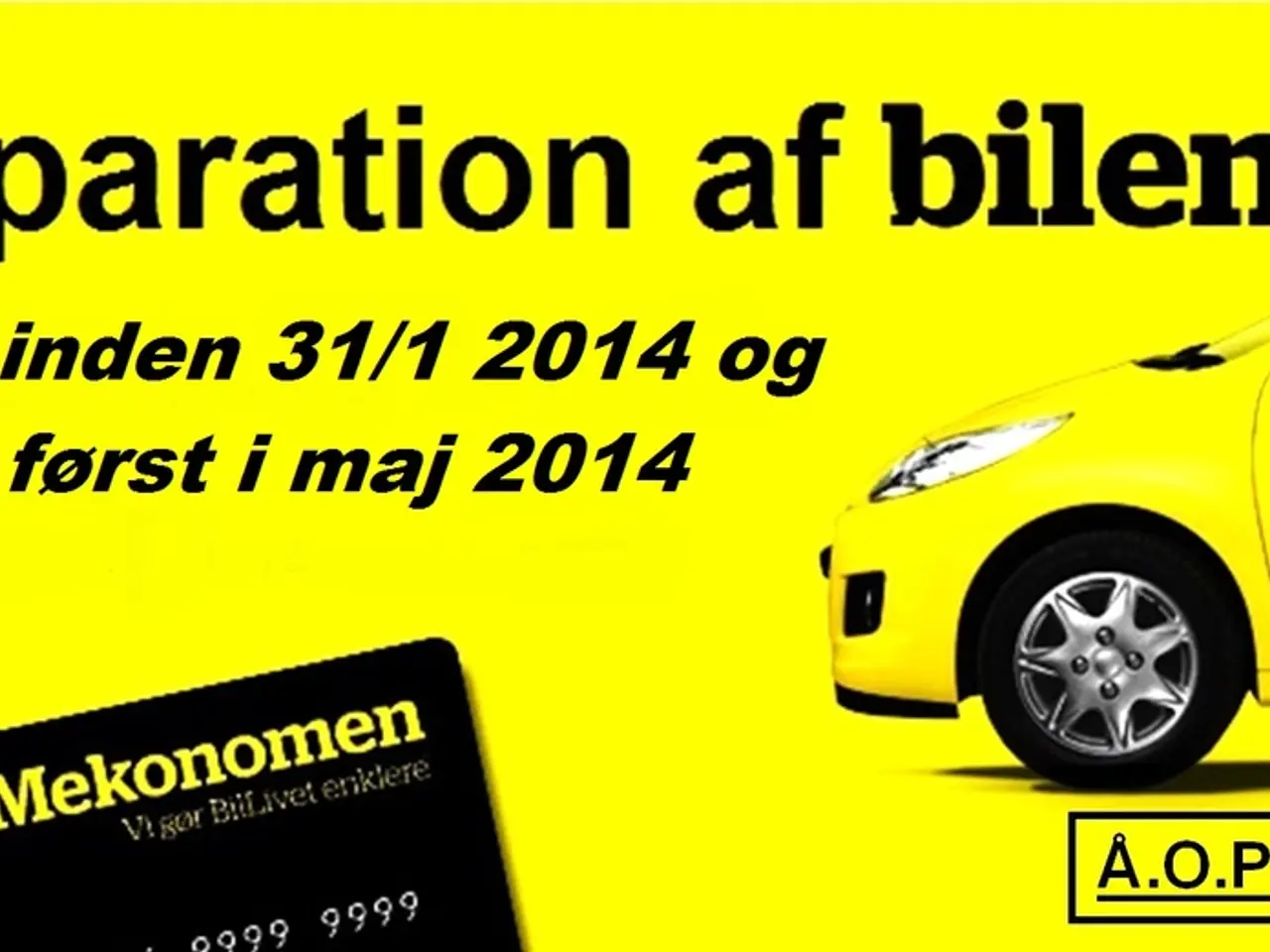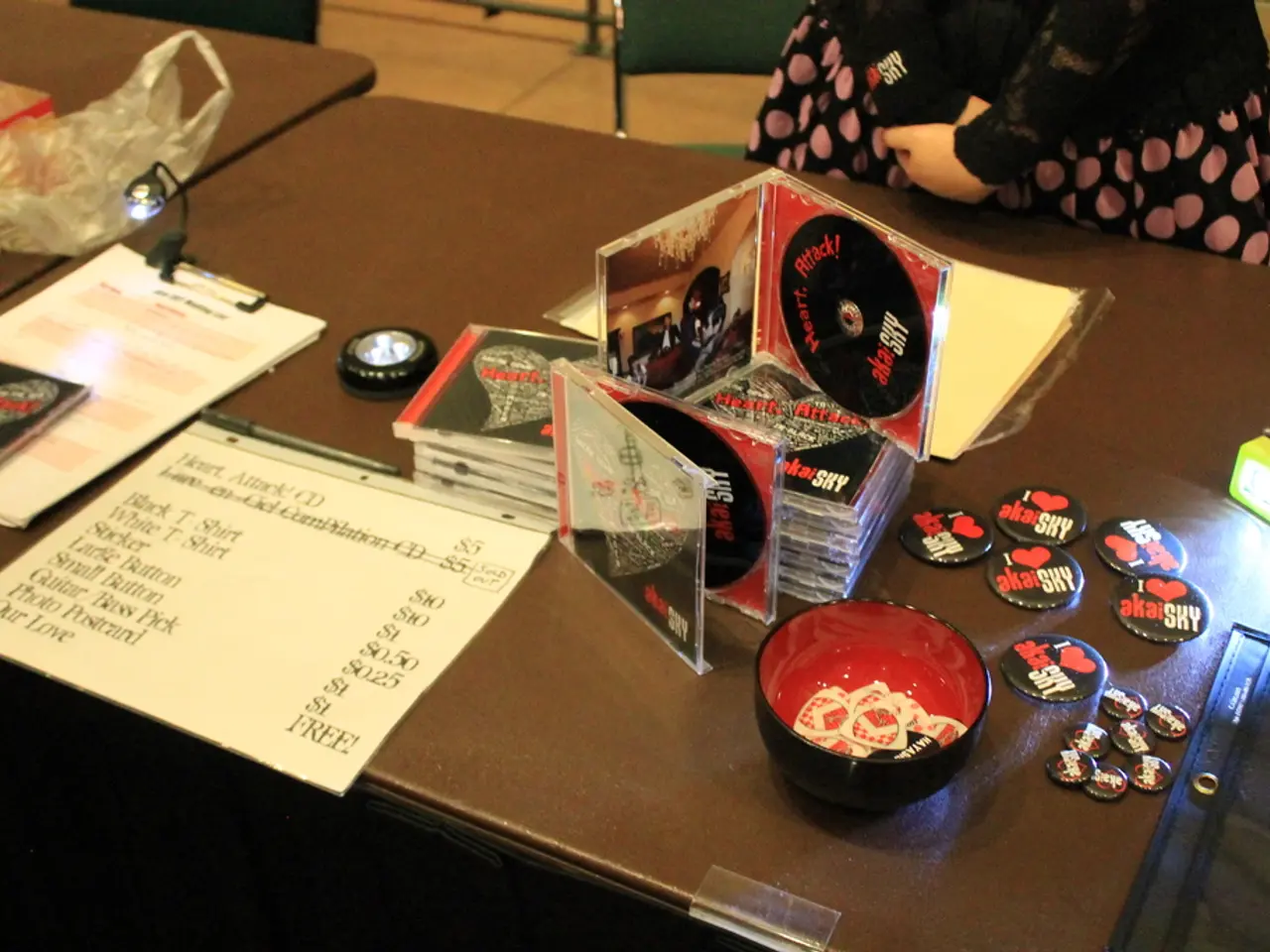Chinese Automakers Significantly Boost Presence in Europe's Hybrid Vehicle Market
In a notable shift in the European automotive market, Chinese brands have seen significant growth in May, according to data from Jato Dynamics. Despite a 2.5% year-on-year increase in vehicle registrations across 28 European markets, Chinese brands collectively recorded 65,808 vehicles registered and accounted for 5.9% of total sales.
Volkswagen, Renault, and BMW all performed well, with volume increases of 3.3%, 4.6%, and 6.3%, respectively. However, it was the Chinese brands that stole the spotlight. Ebro, the revived Spanish brand that produces vehicles in partnership with China's Chery, outperformed Lancia in May. Chinese brands like Jaecoo and Omoda even outsold established names such as Honda and Mitsubishi.
One factor contributing to the growth of Chinese automakers is their strategic investments in local production facilities. By setting up production in countries like Spain and Turkey, Chinese manufacturers can better cater to local preferences and reduce costs, boosting their appeal beyond just electric vehicles (EVs).
In markets with slower EV adoption, Chinese brands are offering a mix of Internal Combustion Engine (ICE) vehicles and Plug-in Hybrid Electric Vehicles (PHEVs). This diversification allows them to capture a wider audience that is not yet ready to fully switch to battery electric vehicles.
Chinese automakers also benefit from intense price competition at home, which drives innovation and cost efficiencies. This competitive edge allows them to offer attractive pricing in Europe, challenging legacy automakers.
Another significant factor is the aggressive expansion of Chinese brands in Europe. They are increasing their annual production capacity significantly, with a forecasted +800,000 vehicles by 2030. This shift represents Chinese brands’ commitment to scaling in the region.
To sustain growth beyond EVs, Chinese automakers are investing in building strong brands and advancing technologies such as autonomous driving. These efforts aim to position them as credible competitors globally, not just low-cost alternatives.
By revitalizing legacy brands (e.g., Ebro in Spain) and adapting products to suit regional market requirements, Chinese companies are demonstrating flexibility and cultural sensitivity, which enhances acceptance in diverse European markets.
Despite EU tariffs on Chinese electric vehicles, Chinese brands continue to post strong growth across Europe. Brands like Stellantis-backed Leapmotor registered impressive numbers but were unable to outperform their sister brands from Stellantis like DS.
The Renault Clio led the model rankings in May with a volume increase of nearly 12%. However, several established brands saw a decline, such as Lotus, Abarth, Maserati, and Jaguar, which registered just 86 units.
Despite a 10% decline in sales, the Dacia secured second place in the ranking by model and continues to lead the year-to-date rankings. The Volkswagen Golf and Volkswagen T-Roc posted decreases of 18% and 10%, respectively.
However, it is clear that Chinese automakers are making a significant impact on the European market. With strategic investments, diversified vehicle options, competitive pricing, capacity expansion, technological investment, and smart brand positioning, they are effectively penetrating and expanding within the European automotive landscape.
Chinese brands, such as Ebro and newcomers like Jaecoo and Omoda, have stolen the spotlight in the European automotive market. Their growth can be attributed to strategic investments in local production facilities, diversified vehicle options including both Internal Combustion Engine (ICE) vehicles and Plug-in Hybrid Electric Vehicles (PHEVs), and competitive pricing, which allows them to offer attractive alternatives to established brands like Honda and Mitsubishi.
In an effort to sustain growth beyond electric vehicles, Chinese automakers are investing heavily in building strong brands and advancing technologies like autonomous driving, positioning themselves as credible global competitors, not just low-cost alternatives.




